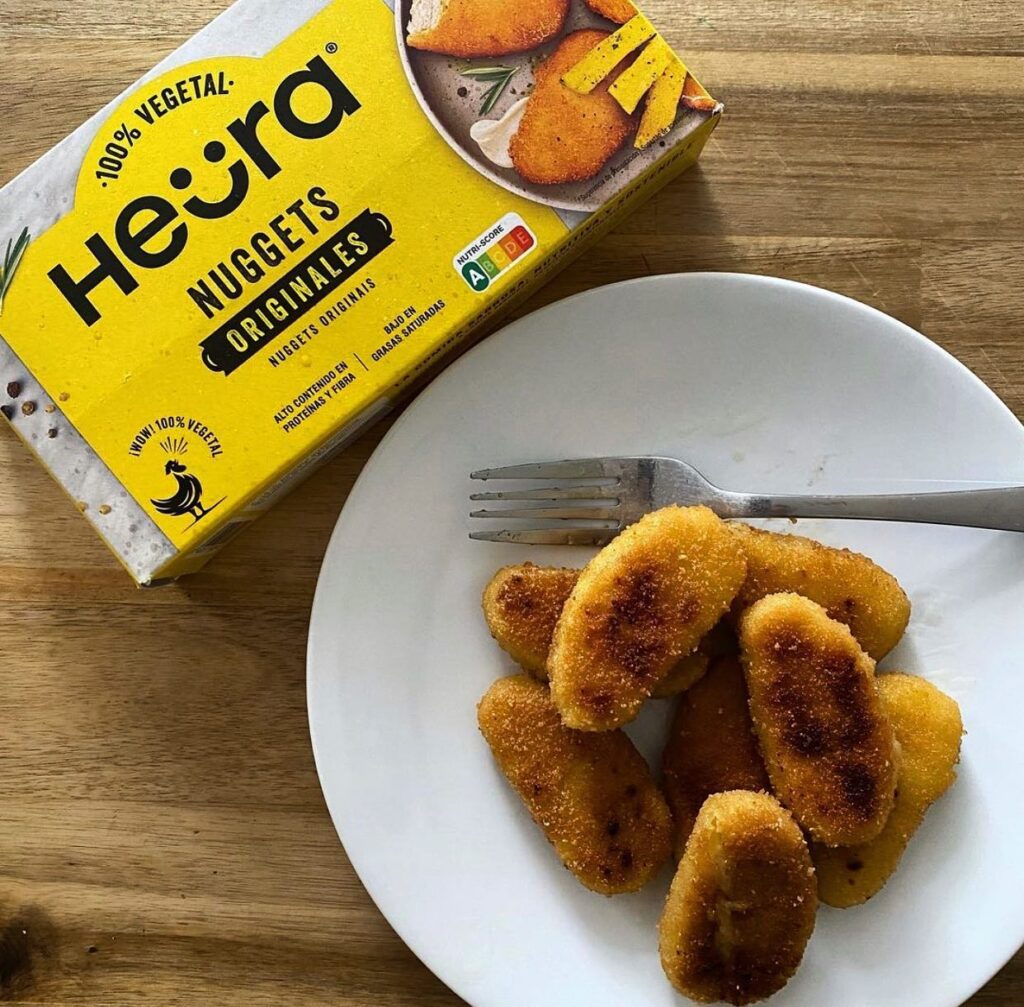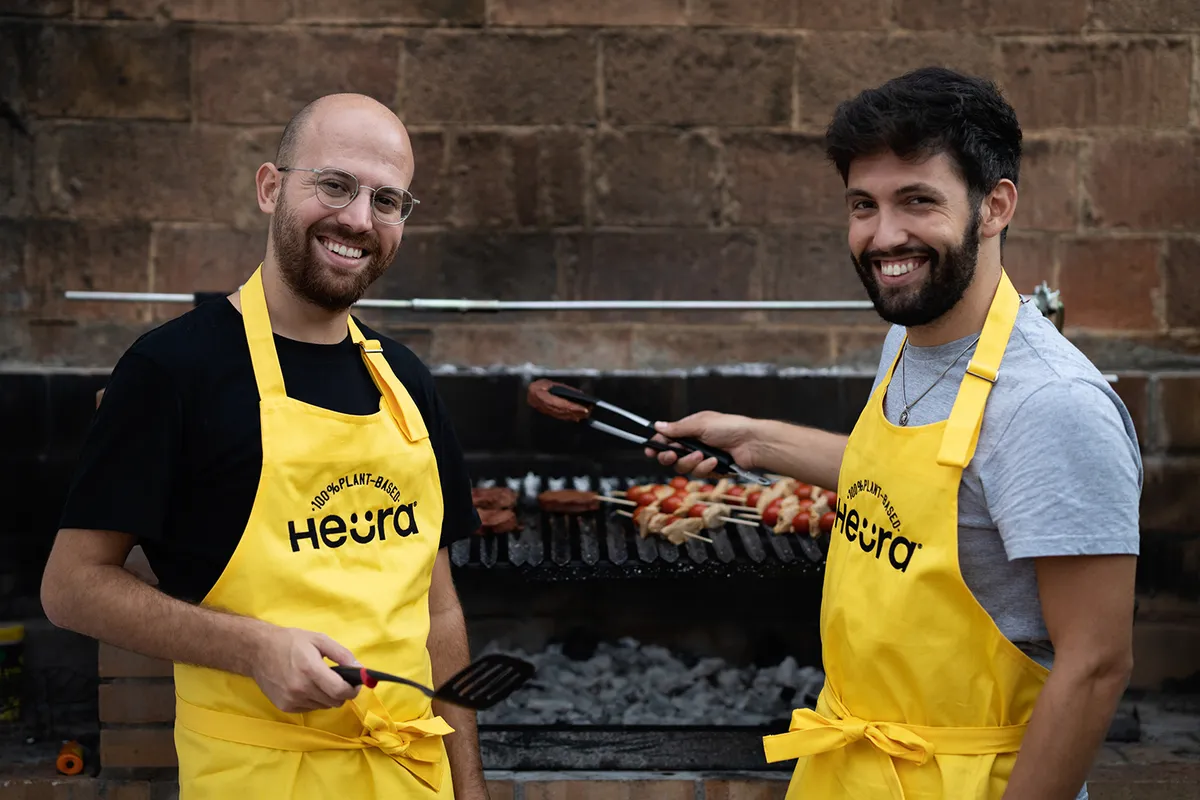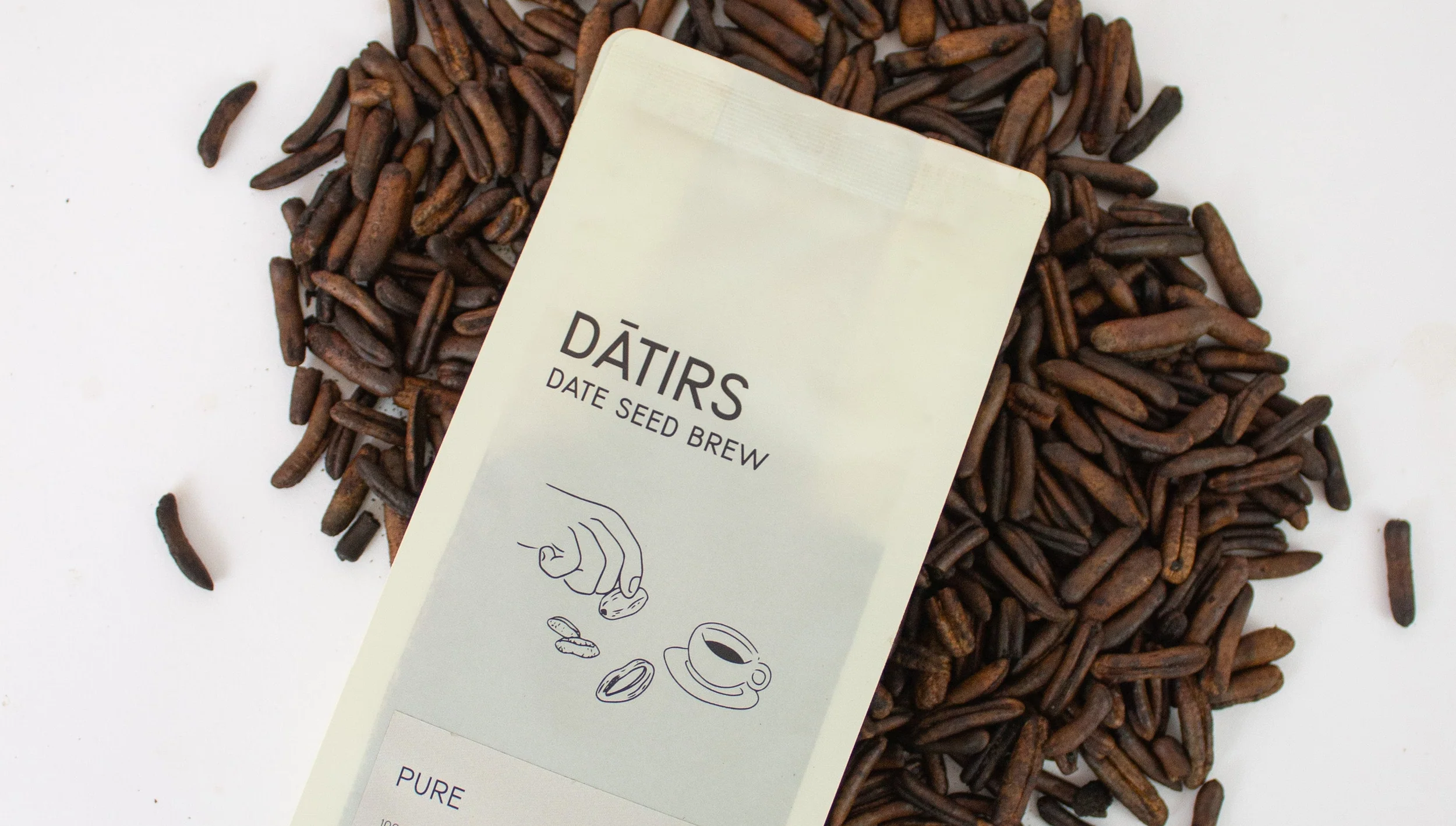Heura Foods was founded in 2017 by food activists Bernat Añaños and Marc Coloma, who launched the company out of a co-working space in the center of Barcelona. With initially just one customer, a small local business in the Poble-sec neighborhood, Heura embarked on a journey to disrupt the plant-based protein space.
The Series B round was led by Upfield, the largest plant-based consumer product company in the world, known for brands like Becel and Flora. Other contributors included Unovis Asset Management, the European Circular Bioeconomy Fund (ECBF VC), which is a venture fund backed by the European Investment Bank, and New Tree Impact. The new injection of capital adds to the €20m investment raised back in 2022 and their initial €16m Series A.
With its latest round of funding, Heura is well-positioned to drive profitability, further develop its proprietary technology and continue to expand its reach. Currently, Heura is present in over 22,000 points of sale in 17 countries worldwide, offering a variety of plant-based options ranging from products like chicken strips and chunks, beef burgers, hams and vegan pork.
“This new chapter will drive us to profitability while allowing us to develop breakthrough tech to tackle the key challenges within the industry in a scalable way,” said Marc Coloma, Co-founder, and CEO,
Heura success is built on technology innovation and commitment to sustainability which also differentiates them from other plant-based companies. The startup has created a patent-pending technology called “thermo-mechanical” which eliminates the need for food additives and chemically modified ingredients, setting a new standard for ingredient transparency and nutritional quality. This method allows them to create products with superior nutritional value out of natural ingredients such as soy protein isolate, extra virgin olive oil, GMO-free legumes, and Mediterranean spices.
The “thermo-mechanical” technology can be applied in multiple plant-based food categories, such as deli meats, whole cuts (meats and fish), dairy products (vegan cheeses) and even pasta. This gives Heura an advantage to spread its product offering across different categories.
There is an ongoing debate about the healthiness of fake meats versus real meats. Companies like Impossible and Beyond have been criticized for relying too heavily on artificial additives and long lists of ingredients with low nutritional benefits. According to Dr. Frank Hu, chairman of the nutrition department at the Harvard T.H. Chan School of Public Health, meat substitutes can be considered as “transitional foods” for people who are trying to adopt more healthful diets.
Compared to a beef patty, the Impossible and Beyond burgers have similar amounts of protein and calories, but they have higher sodium. However, both options have less saturated fat, no cholesterol and they also contain fiber; real meat does not.
Another expert, Emily Gelsomin, senior clinical nutrition specialist at Massachusetts General Hospital (MGH), certifies that if a lower risk of diseases like cancer and heart disease is the ultimate goal, consumers should aim for veggie burgers that clearly showcase their natural ingredients like beans, grains, quinoa, seeds front and center as opposed to real meet “replicas” which come with a high amount of saturated fat.
From an environmental perspective, the evidence is clear: livestock on EU farms contribute approximately 502 million tonnes of carbon dioxide annually. To put this in perspective, the collective greenhouse gas emissions from livestock raised on European farms surpass the combined emission of cars and vans within the EU. If we hope to combat global warming, we need to transform our food systems. Therefore, as consumers increasingly prioritize sustainability, ethical ingredient sourcing, and nutritional quality, companies like Heura play a vital role in shaping a more sustainable and ethical future for food.








